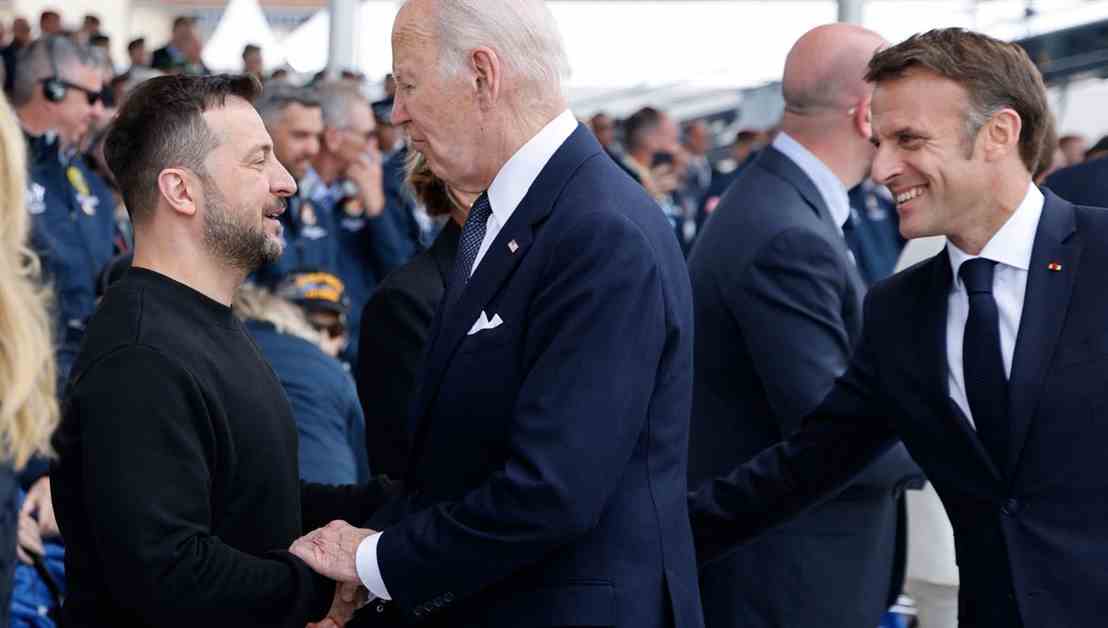Europe Faces Diplomatic Challenges Amid Ukraine and Gaza Conflicts
Long misled by the illusion of perpetual peace, Europeans are now grappling with the return of war. Two and a half years of conflict in Ukraine; eight bloody months in Gaza, and the outburst of rival emotions in our countries. Two wars with no end in sight, testing the much-celebrated Western cohesion seen during the recent commemorations in Normandy on June 6th. Does this mark the end of a weary solidarity, or rather a resurgence of strength and a reaffirmation of its purpose? Is globalization of trade under threat?
Rarely has diplomacy been so feverish. Discussions held yesterday between the French, Ukrainian, and American presidents, ongoing conversations in Paris today regarding Gaza as Joe Biden continues his state visit in France. Next Thursday in Italy, a summit of G7 heads of state and government; next Saturday in Lucerne, Switzerland, a peace conference on Ukraine without Russia and China – with representatives from around a hundred countries, some of whom have just left the St. Petersburg Economic Forum where Vladimir Putin has intensified his threats against Western interests while celebrating the new multipolar world and the global South.
Russia is struggling to win the war in Ukraine, but its diplomacy is active everywhere – Sergey Lavrov has just finished a tour of Africa in Chad, not without criticizing France, now the prime target of disinformation and intimidation campaigns of all kinds. Among themselves, Europeans remain united in their support for Ukraine but cannot forge a common stance on the war between Israel and Hamas – no talk of Europe as a power in the Middle East where the duel is crystallizing between Washington and Tehran. Faced with China, the Union is struggling, caught between US pressures to counter Chinese dynamism, and the vital interests of its major economies, starting with Germany.
Is diplomacy focused on war, on the two wars, or is it pausing or shifting priorities in the face of economic and commercial realities? Is the breakdown of the multilateral system leading to a bloc logic that threatens the globalization of trade?




